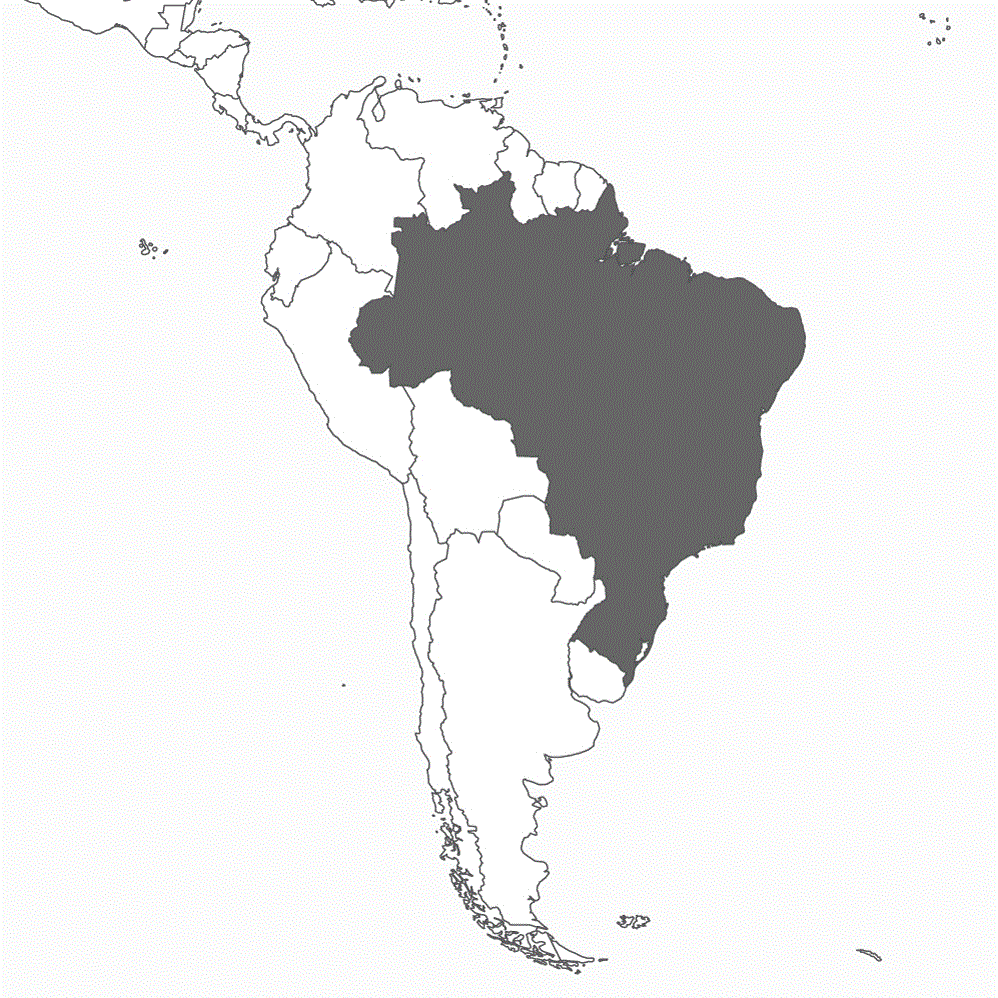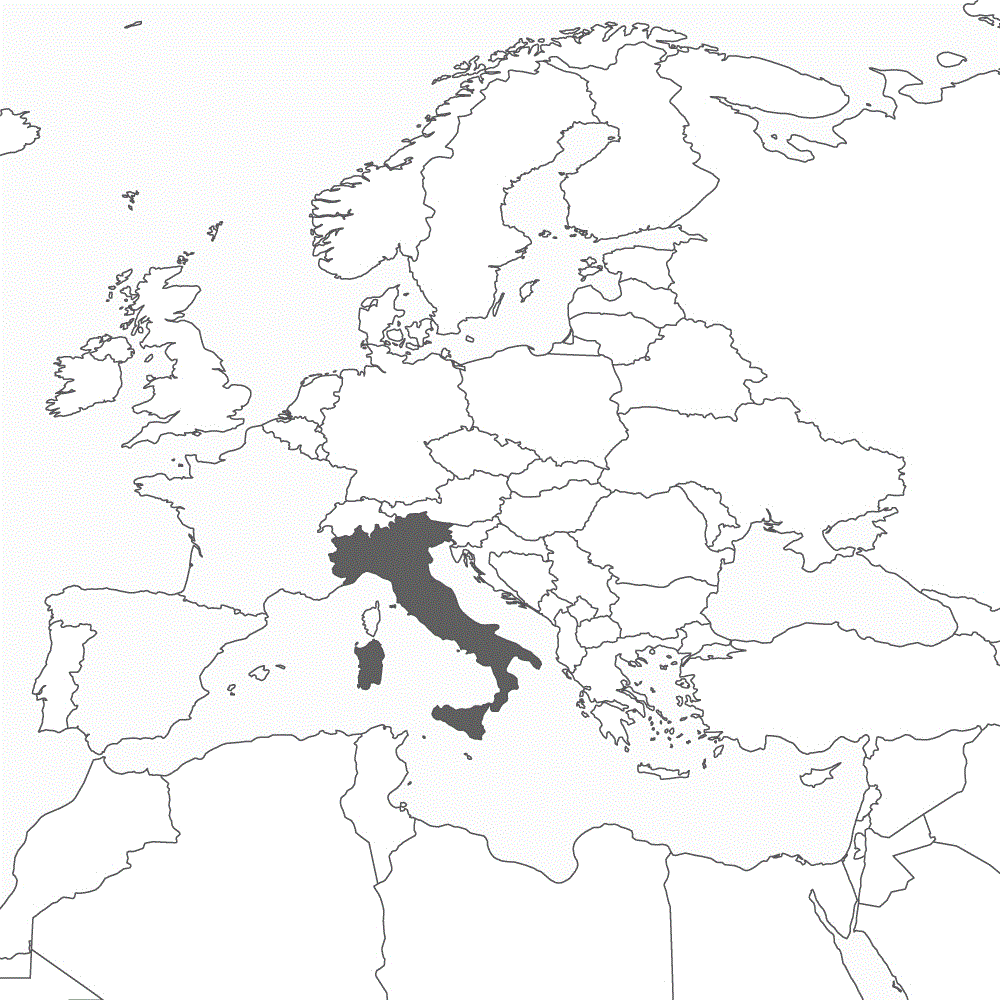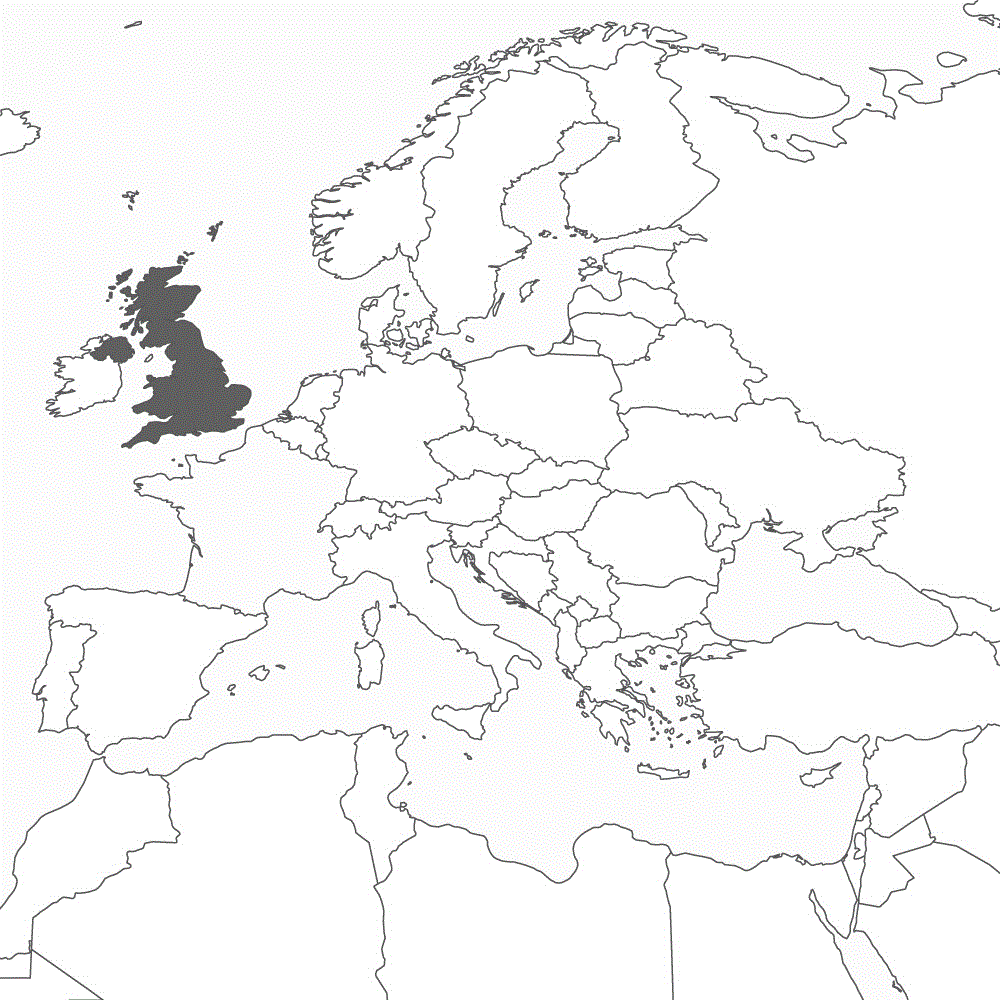BERLIN/BRASÍLIA (Own report) - German business circles are placing high hopes on Brazil's President-elect Jair Messias Bolsonaro pointing to the economic program of Paulo Guedes, designated to head a super ministry. During Augustino Pinochet's military dictatorship, he was a professor at the University of Chile and his program resembles the economic policy of the Chilean Junta. Since about a year, Guedes has been Bolsonaro's advisor. The Brazilian business community is hailing Bolsonaro, particularly the National Confederation of Industry (CNI), where German businesses hold strong positions. CNI is the Brazilian partner of the Federation of German Industries (BDI). German companies had already cooperated with the Brazilian military dictatorship. Bolsonaro's victory is a deathblow to the policy of cautious redistribution in favor of impoverished segments of society, pursued by Presidents Lula da Silva and Dilma Rousseff. This policy was essentially ended with the May 2016 cold putsch - under applause of German business representatives. Read more
BERLIN (Own report) - In view of the conflict between Brussels and Rome over Italy's national budget, the German establishment is increasing its demands to resolutely fight the "internal enemies" of the EU. The Union must "now be vigorously defended," wrote a leading German daily. The Italian government coalition is "not worth risking the country's fate." The Italian government is being put into question, because it refuses to continue to submit to German austerity dictates. Berlin's dominance over the EU is also being met with mounting protests in other member countries. Poland and Hungary are not the only countries, where controversies are intensifying. Anger at Berlin is also growing in France. Jean-Luc Mélenchon, the founder of "La France insoumise," who, with almost 20 percent, barely missed making the run-offs in the 2017 presidential elections, has now called for "France to withdraw from all EU treaties." The German elite's reaction is becoming more hostile. Read more
ROME/BERLIN (Own report) - German politicians and media are intensifying pressure on Rome in anticipation of today's EU Commission verdict on Italy's national budget. Already last week, EU Budget Commissioner Günther Oettinger announced, in reference to the Italian deficit, that the Italian government must "correct" its draft budget. Media reports refer to a "black week" for Rome. Negative reporting - like rating agencies' devaluation of Italy's creditworthiness - can contribute to the destabilization of Italy's financial and credit markets. The country's current downward spiral threatens to re-escalate the banking crisis. Whereas Berlin insists that the EU take sharp measures against deficits, Germany's Finance Minister at the time, Wolfgang Schäuble had prevented the EU Commission from taking measures against excessive surpluses, which the commission sees as potentially just as destabilizing. Germany has been achieving these surpluses year after year. Read more
LONDON/BRUSSELS/BERLIN (Own report) - The EU's heads of states and governments were again unable to make progress in the Brexit negotiations last Wednesday, provoking strong criticism from the German business community. Their only proposal was to prolong the transitional period another year, which is out of the question for London, because this would cost the UK additional billions of pounds. The EU is "too inflexible" in the Brexit negotiations, criticized the head economist of Commerzbank. It is a "stickler for principles," even though it has itself "stretched the rules to the point of becoming unrecognizable" - such as those of the currency union. Commentaries assume that Brussels seeks to set a deterrent example. The EU sees itself "too unattractive," to be able to prevent other countries from leaving by other means. At the same time, Brussels is running the risk of the Brexit negotiations collapsing, which would cause serious losses, particularly to German industry. Experts do not rule out German export losses in the double-digit billions. Read more
BERLIN/BEIJING (Own report) - At this week's Asia-Europe Meeting in Brussels, the EU will introduce a new "connectivity strategy" to counter China's "New Silk Road." As outlined by the EU's head of foreign policy in September, the strategy is aimed at improving transportation infrastructure as well as digital and energy networks linking Asia and Europe. Beijing is also active in these domains in connection with its Silk Road initiative. Recently, Germany's Ministry of Foreign Affairs launched an initial thrust in this project. At the time, Minister of State Niels Annen (SPD) declared in Uzbekistan that social standards and human rights are "priorities" for Brussels. "This is what makes our offer different from China's Belt and Road initiative." For years, Germany had supported - even with military assistance - the Uzbek regime that was applying torture. Washington has also launched a new infrastructure initiative in Asia, to which US Secretary of State Mike Pompeo declared that the USA is committed to "honest accords" and would "never seek dominance over the Indo-Pacific." Read more
LONDON/FRANKFURT ON THE MAIN (Own report) - Berlin seeks the relocation of numerous banks from London to Frankfurt on the Main and the promotion of the Hessian metropolis to Europe's strongest banking center. With five and a half months left until the ultimate British exit from the EU, this has still to materialize. Initially, the German financial sector had hoped that with the Brexit, financial institutes located in London would relocate a large number - up to 5-digits - of their employees to Frankfurt. In fact, recent studies have disclosed that only 630 financial jobs have left London for the continent. Although Frankfurt has risen to the rank of the tenth global finance market, it lags insurmountably far behind London. According to insiders, the attempt to compel other financial institutions to move to the continent is linked to the EU's refusal to take precautions for cross-border financial affairs, against the possibility of a "hard" Brexit. Brussels is taking a risk of losing dozens of trillions of euros and jeopardizing Europe's financial stability. Read more
BERLIN/JUBA (Own report) - Seven years after its secession - with Berlin's resolute support - South Sudan is sinking deeper into one of the most murderous wars of our time. Since the end of 2013, the South Sudanese Civil War has cost the lives of nearly 400,000 people, almost as many as in the war in Syria, according to a recent study published by the London School of Hygiene & Tropical Medicine. Observers had already warned that this could develop from a secession of this territory from Sudan. The secession will "end up like in Somalia," one oppositional politician in Juba had predicted. In 2011, Berlin, along with other western powers, had coerced the secession - for geostrategic reasons. The intention was to weaken the central government in Khartoum through the deprivation of the resources-rich south of the country, because it was uncooperative with the West. Initially, the Bundeswehr was stationed in South Sudan as part of a UN force to accompany the secession of the region. Today, it is tasked with protecting the civilian population. Berlin has dispatched 14 soldiers for this task. Read more
BERLIN/PRISTINA (Own report) - The EU is discussing redrawing borders in Southeast Europe. The Kosovo leadership could thus cede control over its Serbian-speaking North to Belgrade, in exchange for the Albanian-speaking Preševo valley of Southern Serbia. Obviously backed by France, the EU's High Representative for Foreign Affairs and Security Policy, Federica Mogherini, is promoting this exchange, against Germany's rejection. The plan, in fact, is redrawing borders in accordance with the ethnic criteria pursued by the German government in Southeast Europe, in particular during in the 1990s and early 2000s. After having been stationed in Kosovo for nearly 20 years, the Bundeswehr is preparing a major withdrawal. Its focus will now be on training and arming Kosovo's armed forces, which have begun cooperating with NATO, while Kosovo's population continues to languish in poverty, after nearly two decades of western occupation. It is the second poorest region in Europe. Only military cooperation with NATO is flourishing. Read more
GERMAN-FOREIGN-POLICY.com
Information on German Foreign Policy: News + Interviews + Analyses + Background


